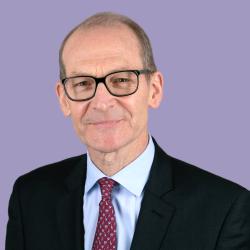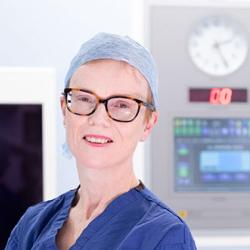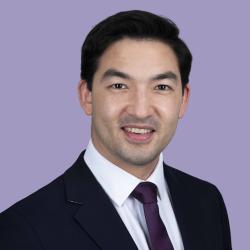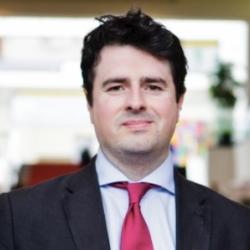Located in Queen Square, London, the National Hospital for Neurology and Neurosurgery (NHNN) is part of University College London Hospitals (UCLH), and is the UK's biggest dedicated neurological and neurosurgical hospital. It offers comprehensive services for the diagnosis, treatment, and management of all brain, spinal cord, peripheral nervous system and muscular disorders. The Queen Square Radiosurgery Centre (QSRC) was founded in 2012, and then in 2020 became part of the international Amethyst Group.
Dedicated centre of brain surgery excellence with sole focus on treating tumours and other conditions of the brain
 The first hospital to super-specialise in neurosciences
The first hospital to super-specialise in neurosciences
Dedicated centre of brain surgery excellence with sole focus on treating tumours and other conditions of the brain.
NHNN is the world's first hospital to specialise in neurosciences, with an international reputation and a long history of doing so. Newsweek recently rated NHNN as one of the "World's greatest specialised hospitals."
Management of brain tumours, by our experts
The hospital, in collaboration with the University College London Queen Square Institute of Neurology, forms a major centre of excellence for neuroscience teaching, training, and research. Queen's Square is home to four of the world's top twelve most referenced writers in Neurosciences and Behaviour. The Institute, as part of the Faculty of Brain Sciences, is the highest rated UK institution for neuroscience research output, with its own Nobel Laureate, according to the most current research assessment exercise. UCL has 29 Nobel Laureates among its ranks.
Biggest dedicated neurological and neurosurgical hospital
The National Hospital for Neurology and Neurosurgery (NHNN) is the UK's biggest dedicated neurological and neurosurgical hospital. It offers comprehensive services for the diagnosis, treatment, and management of all brain, spinal cord, peripheral nervous system, and muscular disorders.
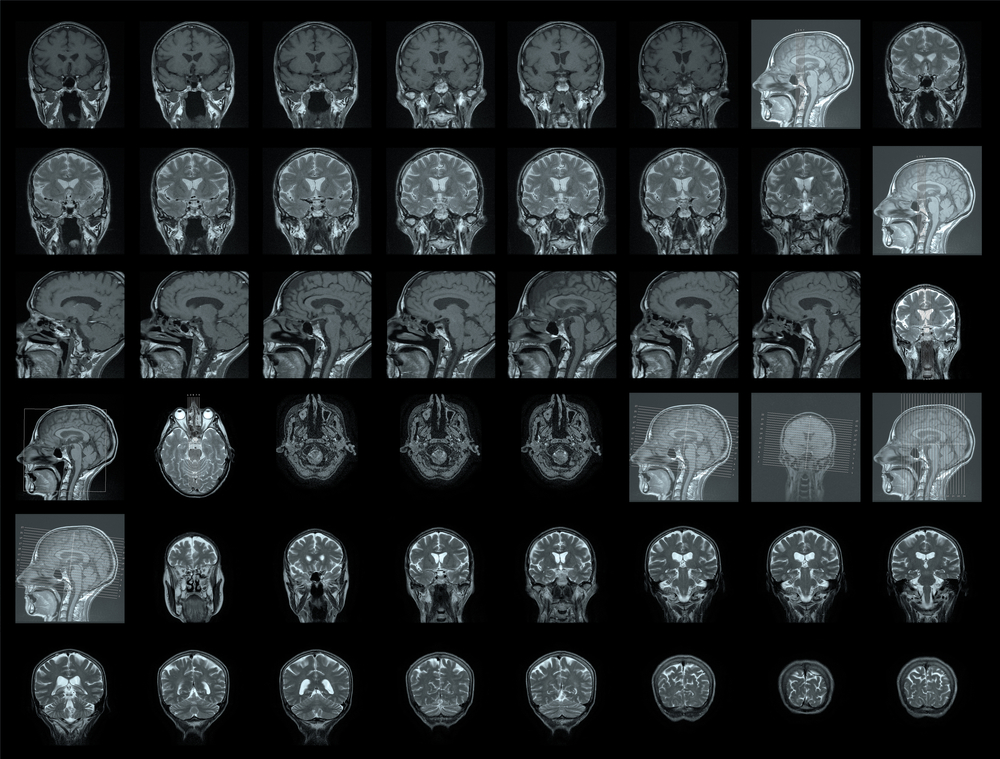 The following are examples of specialist neurological services:
The following are examples of specialist neurological services:
- specialist neurosurgery,
- GammaKnife,
- a brain tumour unit,
- the Hyper-acute Stroke Unit (HASU),
- an acute brain injury unit,
- the National Prion Clinic,
- a pioneering neuro-rehabilitation unit,
- the UK's first interventional MRI scanner,
- the largest specialised neurosurgical ITU and
- the only neuro-medical ITU in the UK
- GammaKnife radiosurgery for AVMs
- Treating acoustic neuromas
- Treating vestibular schwannoma
- Treating meningioma
Amethyst UK and Queens Square Radiotherapy Centre
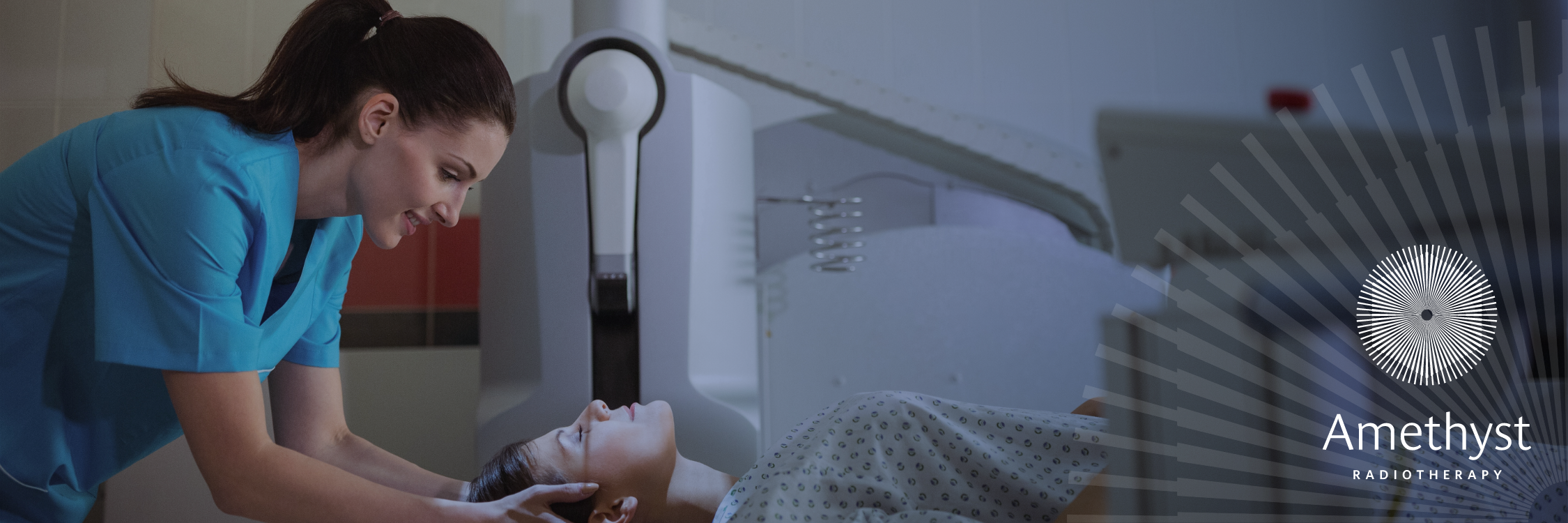 Amethyst UK is the largest provider of specialised radiation treatment services covering most tumour types, treating over 20,000 patients a year. In the UK, Amethyst Gamma Knife Centres are the only two centres of excellence and work in partnership with the NHS to treat complex, previously inoperable brain tumours and conditions. Gamma Knife Radiosurgery is a well-established method of treating selected brain tumours or lesions in the brain.
Amethyst UK is the largest provider of specialised radiation treatment services covering most tumour types, treating over 20,000 patients a year. In the UK, Amethyst Gamma Knife Centres are the only two centres of excellence and work in partnership with the NHS to treat complex, previously inoperable brain tumours and conditions. Gamma Knife Radiosurgery is a well-established method of treating selected brain tumours or lesions in the brain.
The Queen Square Radiosurgery Centre was established in 2012 and joined the Amethyst Group in 2020. It is housed within the University College London Hospitals’ (UCLH) National Hospital for Neurology and Neurosurgery in Queen Square, London; the world’s oldest Neurosciences Hospital and recently named one of the top three leading Neurosciences Centres.
Major Centre of Excellence for Neurosciences
Together with the UCL Queen Square Institute of Neurology, it forms a major Centre of Excellence for Neuroscience teaching, training, and research. Four of the world’s top twelve most cited authors in Neurosciences and Behaviour are currently based at Queen’s Square. According to the most recent research assessment exercise, REF2014, the institute, as part of the Faculty of Brain Sciences, is the highest rated UK institution for neuroscience research output, with its own Nobel Laureate.
Queen Square Radiosurgery Centre

